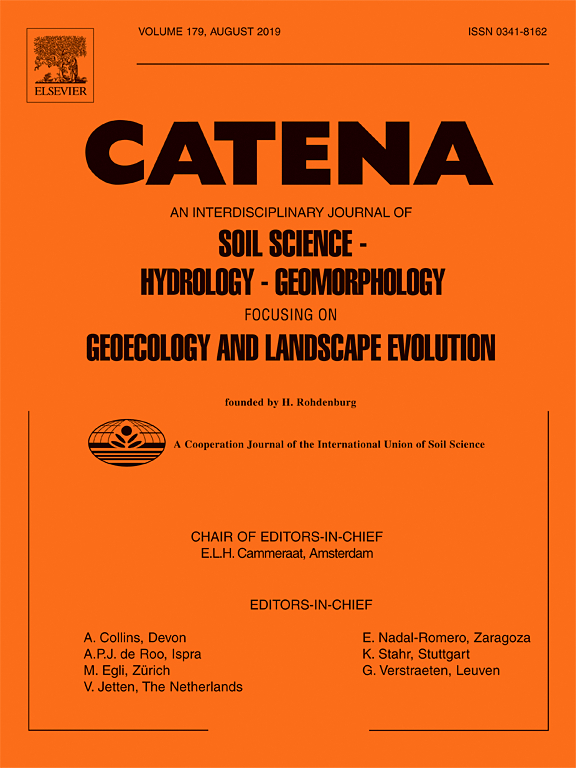
Ricerca & Innovazione > Contributi Scientifici
Cislaghi A., Giupponi L., Tamburini A., Giorgi A., Bischetti G.B
Progressive abandonment of pastoral activities, a common phenomenon in most mountainous economically developed areas worldwide, has been causing continuous land-use changes and inducing rapid ecological succession. Pastures are being abandoned, degraded, reforested, or disturbed by natural events. This study aims to investigate the effects of such change from different perspectives: from plant community and forage value changes, to differences in soil properties and soil stability indicators. Phytosociological relevés, forage quality analyses and field measurements of soil properties were carried out in 7 different study sites characterized by different grazing intensity (abandoned/under-grazed, moderately grazed, heavy grazed) and environmental conditions (disturbed by hillslope processes or reforested). Results showed significant discrepancies in terms of soil stabilization and ecological aspects. In particular, an increase in soil stabilization occurred where larches (Larix decidua) recolonized the completely abandoned pastures, whereas a decrease was observed in under-grazed pastures. In both cases, forage composition showed impoverished nutritional value for grazing animals. Conversely, an excellent balance between ecological advantages and contribution to soil engineering properties by roots was provided by the moderately grazed areas, mainly covered by Deschampsia cespitosa. This highlights how pasturing facilitates environmental conservation and combats natural processes such as soil erosion and shallow instabilities.
